Staying Hydrated: A Traditional Chinese Medicine Perspective
Photo by Kindel Media from Pexels
Hydration is a fundamental aspect of health, yet many people (including myself!) don’t drink nearly the amount of water that is required, especially in these very hot days of summer. While Western medicine emphasizes the importance of drinking a certain amount of water daily, TCM offers a more nuanced approach that considers the body's unique constitution, the balance of yin and yang, and the effects of different seasons and foods. Here are some practical tips for maintaining optimal hydration through this ancient practice.
The Concept of Hydration in TCM
In TCM, the body's health is maintained by the harmonious balance of yin and yang, along with the smooth flow of Qi (vital energy) and Blood. Fluids in the body, referred to as Jin Ye, play a crucial role in this balance. Jin represents the lighter, more superficial fluids like sweat and tears, while Ye denotes the denser, more substantial fluids such as joint lubricants and organ moisture.
Importance of Jin Ye
The balance of Jin Ye is vital for:
Nourishing tissues:
Keeping skin, muscles (hence less injuries), and organs moist.
Regulating body temperature:
Through sweating and other forms of fluid loss.
Facilitating digestion:
By aiding in the production of digestive juices and smooth passage of food, BUT don’t consume large quantities of water during a meal as that will dilute your digestive enzymes which are important for breaking down nutrients.
Disruptions in Jin Ye can lead to various health issues, such as dry skin, constipation, muscle strains, and fatigue. TCM practitioners assess individual needs for hydration by observing signs of fluid imbalance and offering tailored recommendations.
Factors Influencing Hydration
Body Constitution
Each person has a unique constitution that affects their hydration needs. For instance:
Yin-deficient individuals:
Tend to experience dryness and heat, needing more cooling and moistening foods and beverages, just not icy drinks.
Yang-deficient individuals:
Often feel cold and may benefit from warm, invigorating fluids.
Seasonal Changes
Seasons play a significant role in hydration needs:
Summer:
The hot weather and increased activity levels demand more cooling fluids and foods to prevent heatstroke and replenish lost fluids. BUT, cold iced drinks are not cooling, in fact we believe the digestive fire has to heat the body to warm these cold iced drinks, so therefore, it’s counterproductive.
Winter:
Cold weather calls for warming, nourishing fluids that support the body's yang energy. Warming teas like ginger are ideal this time of year.
Dietary Habits
In TCM, food and drink are seen as sources of both nourishment and medicine. Different foods and beverages have properties that can either enhance or deplete the body's fluids.
Practical Tips for Staying Hydrated in TCM
Choose the Right Fluids
Warm Water:
Prefer warm or room-temperature water over cold water. Warm water is easier on the digestive system and helps maintain the body's balance. Carbonated drinks are not ideal, as that can put strain on the kidneys and bladder. As they say in Italy, Acqua Naturale!
Herbal Teas:
Incorporate teas made from herbs like chrysanthemum (for cooling) or ginger (for warming) based on your body's needs. Green tea is also very cooling and a good source of caffeine instead of coffee which is very dehydrating.
Soups and Broths:
Nutritious and hydrating, these are especially beneficial during colder months.
Hydrating Foods
Fruits and Vegetables:
High-water content foods like cucumbers, watermelon, and celery help keep the body hydrated.
Congee:
This rice porridge is not only hydrating but also nourishing and easy to digest, making it a staple in TCM for maintaining health. Here’s a great recipe; https://www.foodandwine.com/recipes/basic-chinese-congee
Lifestyle Practices
Mindful Eating and Drinking:
Pay attention to your body's signals of thirst and hunger. Avoid gulping down large amounts of water at once; instead, sip throughout the day.
Balance Activity and Rest:
Overexertion can deplete the body's fluids. Ensure adequate rest to support fluid balance. Try a low sugar electrolyte if you’re exercising in this heat.
Acupressure:
Stimulating specific points like the Kidney 3 (the inner ankle) can help enhance fluid metabolism and overall hydration.
Staying hydrated from a TCM perspective involves more than just drinking water. It requires a holistic approach that considers individual constitution, seasonal changes, and dietary habits. By aligning hydration practices with the principles of TCM, one can achieve better health and harmony within the body. Whether it's choosing the right fluids, incorporating hydrating foods, or practicing mindful lifestyle habits, these ancient wisdoms offer valuable insights for maintaining optimal hydration and overall well-being.
For patients who retain a lot of fluid, despite hydrating, I recommend seeing Dr. Alex, our herbalist for a consultation.

